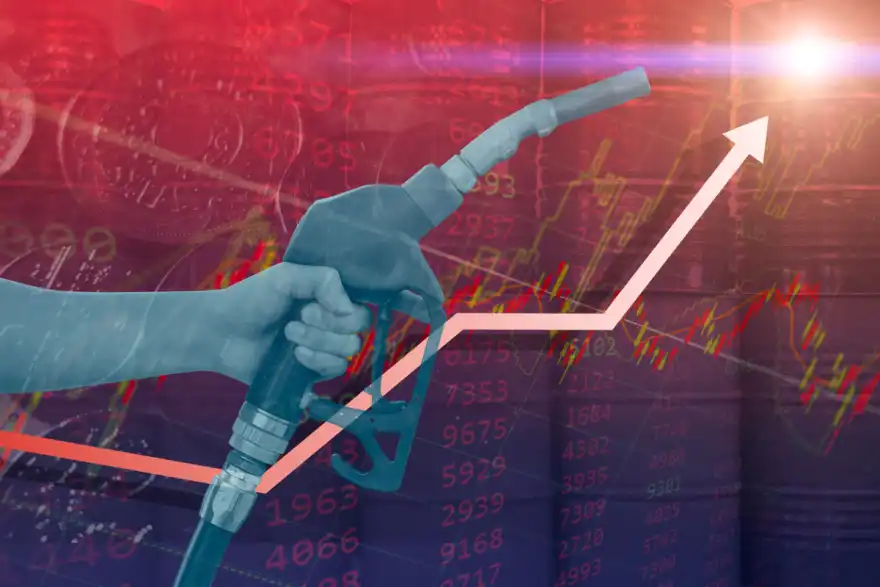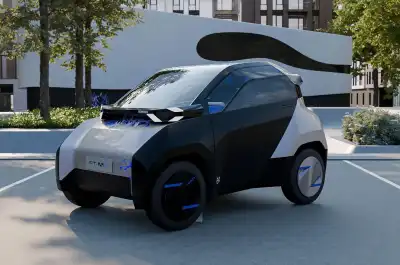
Fuel retailers say the rising cost of installing EV chargers and increasing wages are behind the high-profit margins we’re seeing on petrol and diesel. But if you dig a bit deeper, the real story is more complicated.
The Competition and Markets Authority (CMA) recently shared a report showing that fuel prices remain high, even though they’ve dipped slightly. Right now, petrol averages around £1.34 per litre, and diesel about £1.41. One big reason for this is wider profit margins. Between January and March 2024, margins hit 9.2% for standard retailers and 8.1% for supermarkets, a big jump from 2019, when they were 6.5% and 4.5% respectively. That increase meant drivers spent £1.6 billion more on fuel in 2023 compared to 2019.
While the CMA doesn’t believe rising costs were the initial reason for higher margins, the Petrol Retailers Association (PRA) disagrees. They say wage hikes, higher business rates, energy bills, and more forecourt crime are all putting pressure on prices. One of the bigger financial headaches, they claim, is the cost of installing EV chargers.
Gordon Balmer, executive director of the PRA, told Auto Express that even though retailers make decent margins on EV charging, the upfront investment is massive.
Balmer said, “[PRA] members are finding charging points take a long time – as long as 8-10 years – to recoup the initial cost associated with them. In fact, in some areas of the country, it can cost £1.2 million just to ensure a correct level of power is being delivered.”
Balmer said it’s not fair to compare today’s margins with those from five years ago given the challenges businesses are now facing. While the government has supported EV charging to some extent, many independent forecourts, which make up 64% of UK fuel stations, are still having to pay huge amounts to get properly connected to the grid.
That said, EV chargers are only part of the story. The CMA plans to take a closer look at overall operating costs in an upcoming report. And it’s worth noting that many EV charging points are actually funded and managed by private firms like Gridserve, Ionity and Instavolt, rather than by independent fuel retailers.
What could be a bigger issue is the closure of UK oil refineries. If more shut down, we’ll have to rely more on imports, and that could drive wholesale fuel prices up even further.
So, are we being overcharged? According to the RAC, yes. Their head of policy, Simon Williams, said, “Given that fuel is a major expense for households, and with eight-in-ten drivers dependent on their cars, it’s disappointing to see they’ve paid over the odds yet again.”
Fuel prices also shot up earlier this year during tensions between Israel and Iran, as fears of the Strait of Hormuz closing caused a spike. Thankfully, a ceasefire helped bring prices back down — at least for now.
Looking ahead, there’s still some hope. Balmer believes forecourts will continue to survive even as more people switch to EVs. He points to the strength of convenience shops and car washes, and the fact that many operators are diversifying — offering petrol, EV charging and even hydrogen — to stay in the game.




